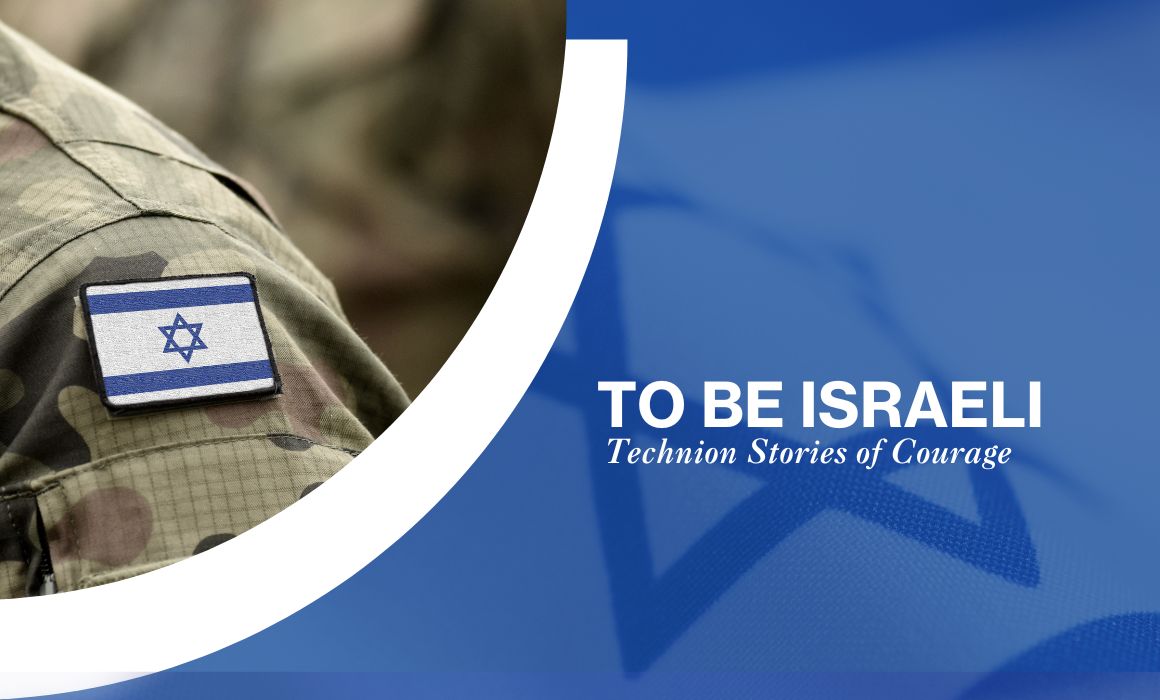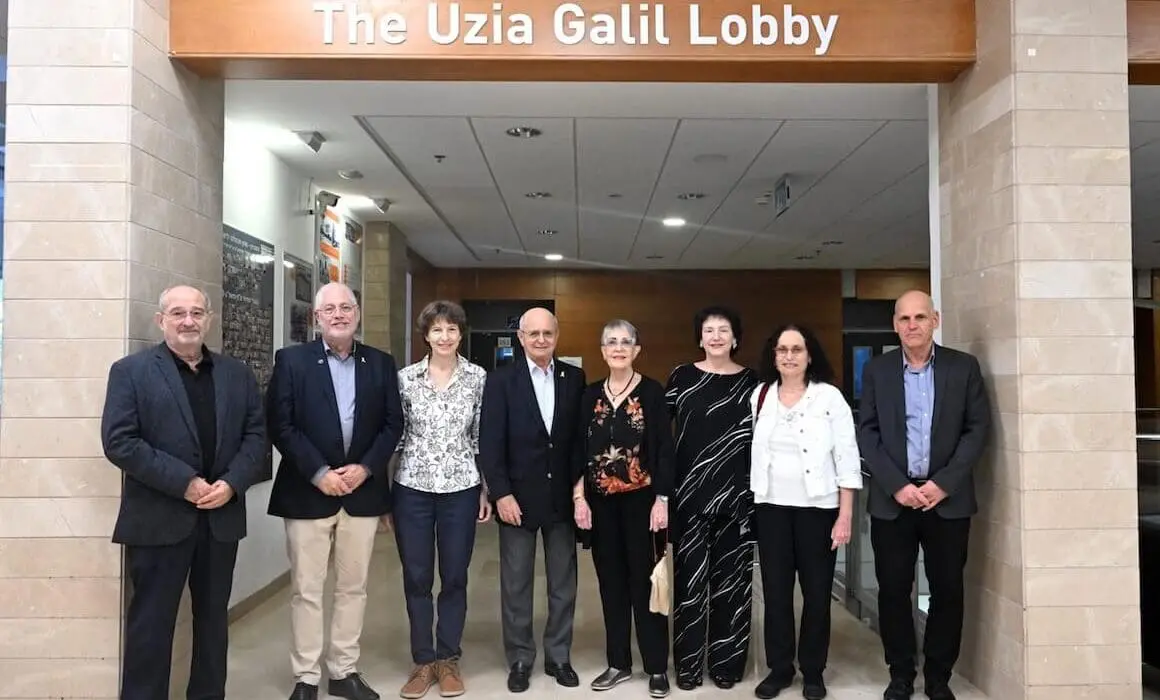Soldier by Day, Scientist by Night

Even amid the chaos of war, Assistant Professor H.R. never let his scientific work falter. As a reservist in the Alexandroni Brigade, he was called up for duty on the morning of October 7. Yet, even while fighting on multiple fronts, he continued to fight for something else – the highly competitive European Research Council (ERC) Starting Grant to advance his groundbreaking research on nerve tissue regeneration.
“During this period, I worked on the application, and it wasn’t easy,” Prof. H.R. shared, reflecting on the challenge of balancing his military service with his academic pursuits. With soldiers being called up from all corners, including some of his students and their spouses, the pressure was immense. Despite the circumstances, Prof. H.R. pushed forward, knowing the significance of his work. The grant would allow him to continue developing an innovative electro-mechanical interface for brain tissue engineering, a project that could transform nerve regeneration techniques.
The juggling act didn’t stop when his reserve duty temporarily ended. Released in February after five months of service, Prof. H.R. immediately began preparing for the critical interview for the ERC grant. However, another call-up order arrived, threatening to derail his efforts once again. “Fortunately, my unit was considerate and allowed me to join them after the interview,” he said, a testament to his dedication to both his country and his research.
Prof. H.R.’s determination paid off. He was awarded the prestigious ERC Starting Grant, which will support his mission to develop new technologies that may accelerate nerve regeneration, particularly for spinal cord and brain injuries – cells that do not naturally regenerate. “The idea is to apply mechanical or electrical stimulation to the cell, which may improve tissue regeneration,” he explained. His work, using noninvasive techniques such as light and magnetic fields, promises to push the boundaries of what’s possible in neural repair.
As a father of four, Prof. H.R. also navigated the complexities of family life during this time. His son’s bar mitzvah in November became one of the many personal milestones woven into a period marked by intense professional and military responsibilities. Yet through it all, Prof. H.R.’s unwavering commitment to his research never wavered. “Balancing home life, the military, and the Technion is not simple,” he admitted. But no challenge is too great when it comes to serving his country and advancing the science that could change lives.



